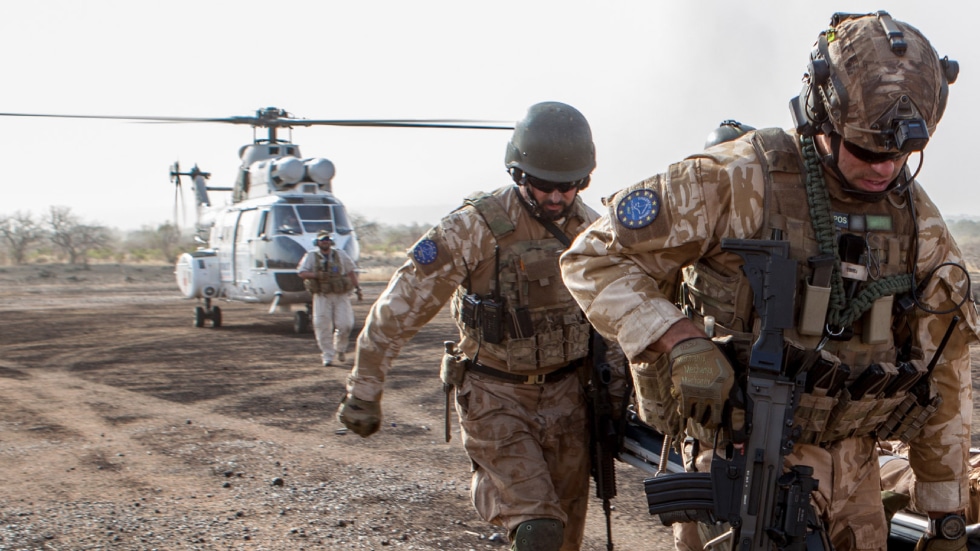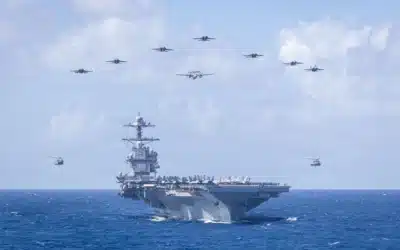Moscow has vowed to retaliate should the European Union send a “peacekeeping” force to Ukraine, saying the move would likely kick off a third world war after Hungarian Prime Minister Viktor Orban suggested Western leaders are considering such a deployment.
During an interview with a local radio station on Friday, Orban said some EU countries are now “close to a legitimate, accepted, well-established question as to whether or not the member states of the European Union can send peacekeeping troops in some form or not,” adding that the bloc is approaching a “border that was previously thought to be impassable.” He did not cite any countries by name, however.
Former Russian President Dmitry Medvedev, who currently serves as the deputy chair of Russia’s Security Council, penned a lengthy response on Telegram later on Friday, stating that a European peacekeeping force would “directly threaten us” and “must be destroyed ruthlessly.”
“It is clear that the so-called NATO peacekeepers are simply going to enter the conflict on the side of our enemies… bringing the situation to the point of no return,” he said, adding the move could “unleash the third world war.”
They are soldiers of the enemy. They are combatants, not ‘peacemakers,’ and they will die in the course of hostilities.
Kremlin spokesman Dmitry Peskov also slammed the idea as “extremely dangerous,” arguing that peacekeepers are typically deployed to conflict zones with the consent of the warring parties.
Orban went on to say that the war in Ukraine is “getting more and more brutal and bloody,” also echoing Moscow’s warnings of a wider conflict should foreign powers continue to intervene.
“[Since] the West is providing Ukrainians with more and more modern equipment, I am convinced that the threat of world war is not a literary exaggeration,” he continued. “When European and American leaders say that if this continues, we could end up in the third world war, it seems incredibly exaggerated at first, but where I work and where I see the events, this is a real danger at this moment.”
Though Hungary has refused to provide weapons to Kiev throughout the war and refrained from the more hostile rhetoric emanating from Western capitals, the Kremlin has nonetheless accused Budapest of “unfriendly actions against Russia.” Despite relatively genial ties between Orban and President Vladimir Putin, Hungary has “signed all the anti-Russian sanctions packages of Brussels and is forced to strictly comply with them” due to its membership in the EU, said Russia’s envoy to Budapest, Yevgeny Stanislavov.
However, the ambassador added that Russia is “optimistic” about “constructive interaction with Hungary” in the future, saying Budapest has taken a “pragmatic position” toward the war in Ukraine and resisted some of the political “pressure” brought by its EU and NATO allies.

































